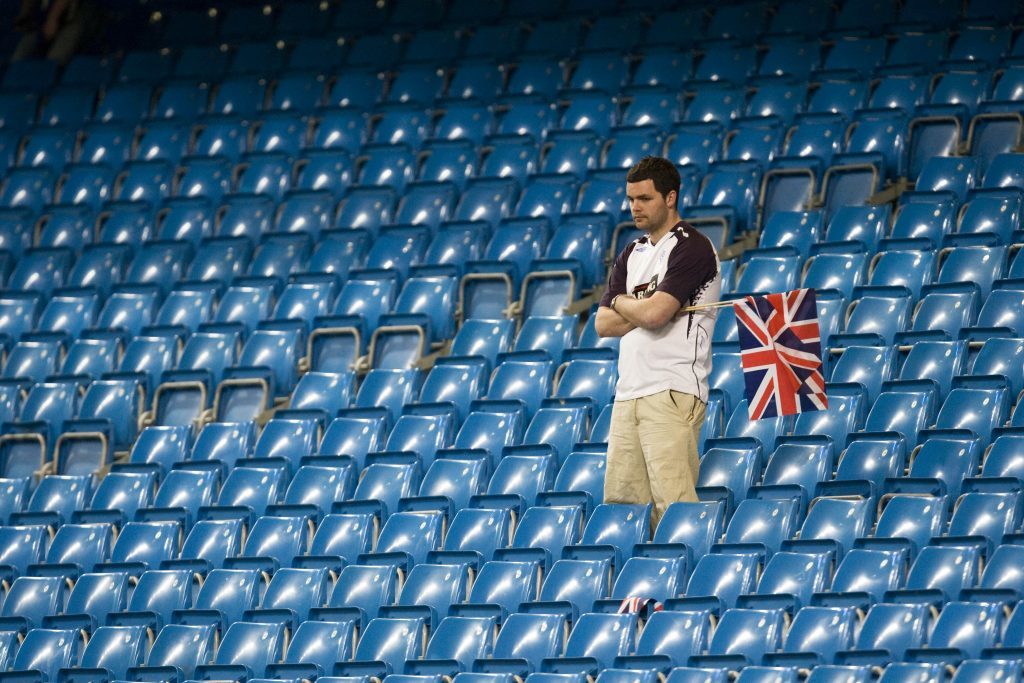I was the BBC TV pitch-side reporter on a miserable rain-sodden night in Lithuania eight years ago as Rangers crashed out of Europe to FBK Kaunas, described by many as a pub team.
Strong drink was certainly needed by many on the flight home to overcome the shock that a side which had reached the UEFA Cup final the previous season had missed out on the potential £10 million bounty of the third qualifying round.
One happy man in the stadium was the then Hearts owner Vladimir Romanov who gave me a blistering interview about how corrupt he felt the Scottish game was, but there was a feeling of utter despondency in the Rangers camp and their manager Walter Smith took a long time to emerge for the post-match interviews.
This week, then, when I saw that Celtic would be pitching up against Barcelona, Borussia Monchengladbach and Manchester City in the group stages of the Champions League, my first thought was of the money they would make and how it would further strengthen them in all competitions against other Scottish sides.
The days when a Celtic or an Aberdeen or a Dundee United could reach a European final are history
That’s good for Celtic but it’s a mixed blessing for the rest. The other Premiership clubs will pick up £250,000 as a solidarity payment because of the Hoops’ efforts, but that sum will be dwarfed by the potential £20 million that will flow into Parkhead coffers, making it even more difficult for others to compete with them over the season.
European competition now bolsters the view that football is simply big business, albeit with risks and rewards that turn on outcomes which no one can control — big-name signings who turn out to be turkeys, lose form, or never look fit, or just never seem interested enough in on-field proceedings to make the hoped-for impact.
Only the biggest and best-organised clubs will make it to the later stages, because just as Celtic dwarf the opposition in Scotland they in turn cannot compete over the piece with the mega-rich of the European game.
That is a profoundly depressing thought. The days when a Celtic or an Aberdeen or a Dundee United could reach a European final are history. Short of a financial bubble bursting — and I see no possible sign of that happening — the domination of top European competition by the Uber clubs is here to stay.
Despite the SPFL claims that their lobbying has for the moment protected a route for Scottish clubs into Champions League qualification — which was and I suspect still may be under future threat — there is a sense that we are no longer serious players in the big game.
In Scotland we are increasingly like kids looking in the sweetie shop window, always hungering for what is beyond our pocket money. It feels similar to our ambitions on the international stage where we are getting used to accepting that our days as a name or force in the game are well and truly over.
I see no reasonable prospect of anything changing that situation at club or international level: our status as also-rans looks to be permanent.


